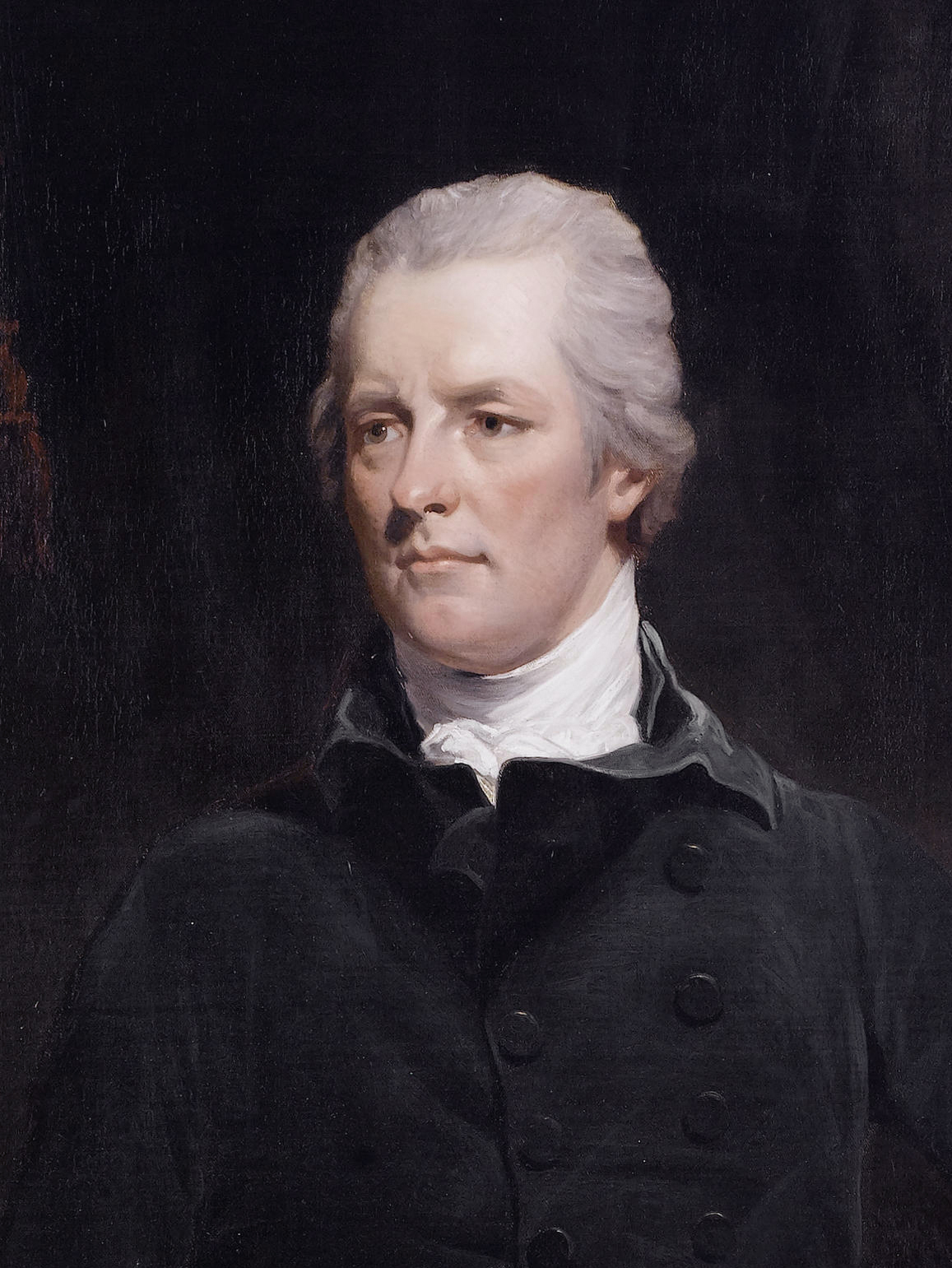"The War Speeches of William Pitt", Oxford University Press, 1915, p. 16
Speech in the House of Commons, 17 February 1792, introducing the Budget. His prediction was a vain hope.
William Pitt, o Novo: Frases em inglês
"The War Speeches of William Pitt", Oxford University Press, 1915, p. 351
Speech at the Guildhall, City of London, 9 November 1805. This was Pitt's last speech in public.
Speech in the House of Commons (18 November, 1783). Compare: "And with necessity, / The tyrant's plea, / excus'd his devilish deeds", John Milton, Paradise Lost, Book iv, line 393.
Speech in the House of Commons (21 February 1783), reprinted in W. S. Hathaway (ed.), The Speeches of William Pitt in the House of Commons. Volume I (London: 1817), pp. 31-32.
“Roll up that map; it will not be wanted these ten years.”
Upon seeing a map of Europe in January 1806 after hearing of the Battle of Austerlitz. Quoted in Stanhope, Life of the Right Honourable William Pitt https://archive.org/stream/lifeofwilliampit03stan/lifeofwilliampit03stan_djvu.txt. See also the Yale Book of Quotations.
Attributed
Speech in the House of Commons (2 April 1792), reprinted in reprinted in W. S. Hathaway (ed.), The Speeches of William Pitt in the House of Commons. Volume I (London: 1817), p. 394.
William Cobbett, "Parliamentary History".
Speech in the House of Commons, supporting a motion of censure on the government of Lord North, 15 March 1782.
Speech in the House of Commons (12 January 1784), quoted in Boyd Hilton, A Mad, Bad, and Dangerous People? England. 1783-1846 (Oxford: Clarendon Press, 2008), p. 54.
Address in Reply, 13 December 1792. Parl Hist xxx, 6.
"The Great Melody", biography of Burke by Conor Cruise O'Brien, p. 493.
“Most accursed, wicked, barbarous, cruel, unnatural, unjust and diabolical.”
Speech in Parliament on the American Revolutionary War (February 26, 1781), reported in Hansard (Vol. 22), p. 487, Debate on Mr. Fox's Motion for a Committee.
John Almon and John Debrett, "Register of Parliament".
Speech in the House of Commons, 21 February 1783. Referring to the Fox-North Coalition which was already agreed in outline.
Conversation at a dinner in 10 Downing Street (24 September 1791), quoted in George Pellew, The Life and Correspondence of the Right Hon. Henry Addington, First Viscount Sidmouth, Volume I (London: John Murray, 1847), p. 72.
“Not merely a chip of the old 'block', but the old block itself.”
Nathaniel Wraxall, "Historical Memoirs of My Own Time", part 2.
Edmund Burke's reaction to Pitt's maiden speech in Parliament. The 'old block' was William Pitt the Elder.
About
"The War Speeches of William Pitt", Oxford University Press, 1915, p. 29
Speech in the House of Commons, 1 February 1793.
“Prostrate the beauteous ruin lies; and all
That shared its shelter perish in its fall.”
The Poetry of the Anti-Jacobin, No. xxxvi, reported in Bartlett's Familiar Quotations, 10th ed. (1919).
"The War Speeches of William Pitt", Oxford University Press, 1915, p. 314
Speech in the House of Commons, 18 July 1803, opposing a vote of censure on his successor Henry Addington.
“I think I could eat one of Bellamy's mutton pies.”
Also "I think I could eat one of Bellamy's meat pies." Both in Rosebery, Pitt https://archive.org/stream/pittrose00roseuoft/pittrose00roseuoft_djvu.txt. Rosebery wrote that this story was related to him by Disraeli, who heard it as a young member of Parliament by a "grim old waiter of prehistoric reputation, who was supposed to possess a secret treasure of political tradition." According to Rosebery, "Disraeli mentioned the meat -- veal or pork I think, but I have forgotten." Reported in Rosebery, Pitt https://archive.org/stream/pittrose00roseuoft/pittrose00roseuoft_djvu.txt.
“Oh my country! How I love my country!”
Last words.
Lord Stanhope, Life of the Right Honourable William Pitt https://archive.org/stream/liferighthonour04stangoog/liferighthonour04stangoog_djvu.txt
Lord Rosebery reports it as "my country! how I leave my country!" in Pitt https://archive.org/stream/pittrose00roseuoft/pittrose00roseuoft_djvu.txt (London: Macmillan, 1891), and attributes "O my country! How I love my country!" to Benjamin Disraeli.
See also Oxford Dictionary of Quotations, pg 456.
"The War Speeches of William Pitt", Oxford University Press, 1915, p. 7
Speech in the House of Commons, 21 February 1783, on the peace treaty with the United States. Pitt, who was Chancellor of the Exchequer, knew the government would lose the vote and he would have to resign.
